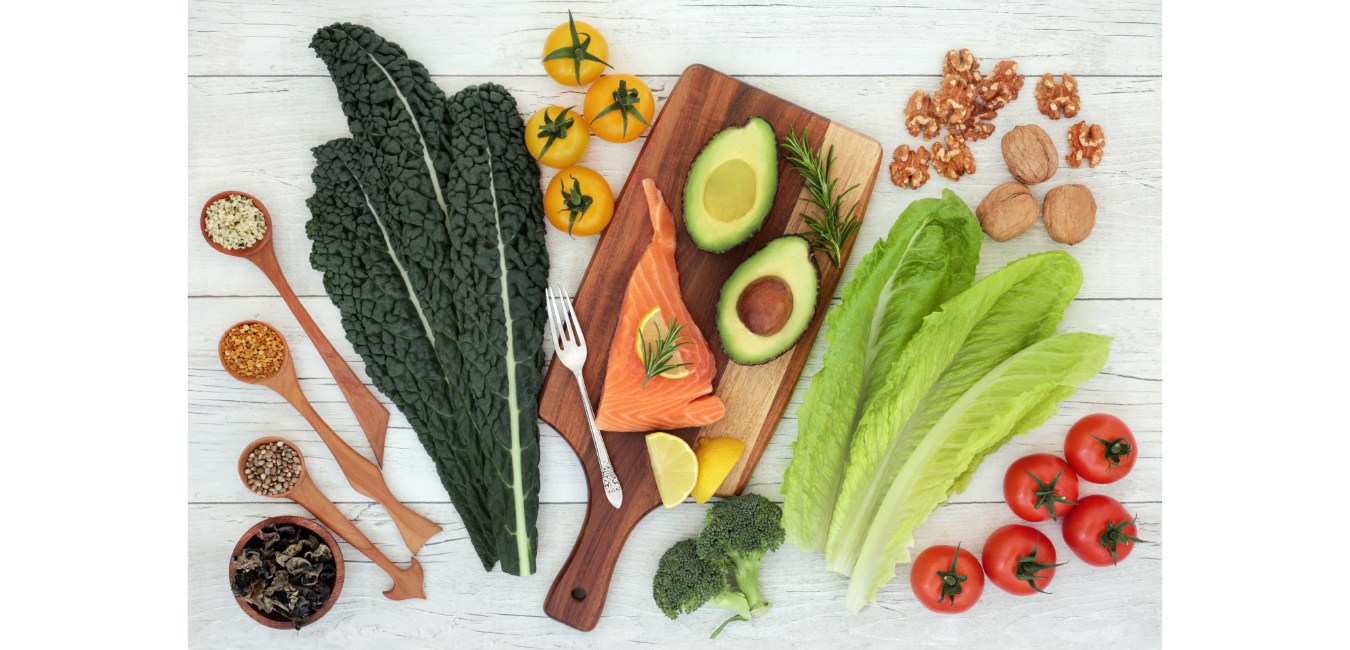Quick Asparagus & Chicken Sausage Farro Bowl
This hearty and wholesome dish comes together in under 30 minutes, making it perfect for busy weeknights. Packed with fiber-rich farro, lean protein, and antioxidant-rich asparagus, it's a nourishing one-pan meal topped with creamy goat cheese for a satisfying finish. Ingredients: 1 bunch of asparagus, trimmed and cut into 1-inch pieces 1 lb cooked chicken, Italian sausage links, sliced 6 garlic cloves, minced ½ cup fresh Italian parsley, chopped 2 tablespoons olive oil 2 cups cooked farro 2 tablespoons balsamic vinegar ½ teaspoon dried oregano ½ teaspoon garlic powder ½ teaspoon red pepper flakes (optional, for a bit of heat) 2 oz goat cheese crumbles Instructions: Heat olive oil in a large saucepan over medium heat. Add minced garlic and sauté until fragrant (about 1 minute). Stir...










